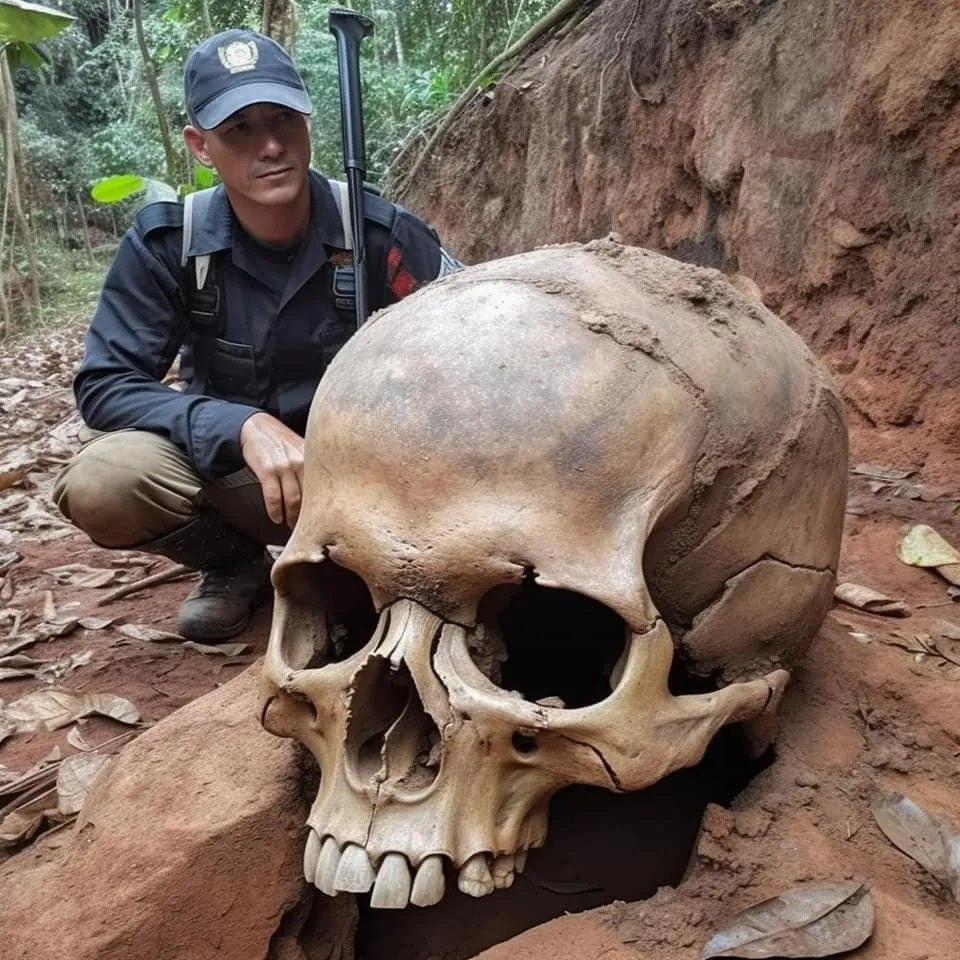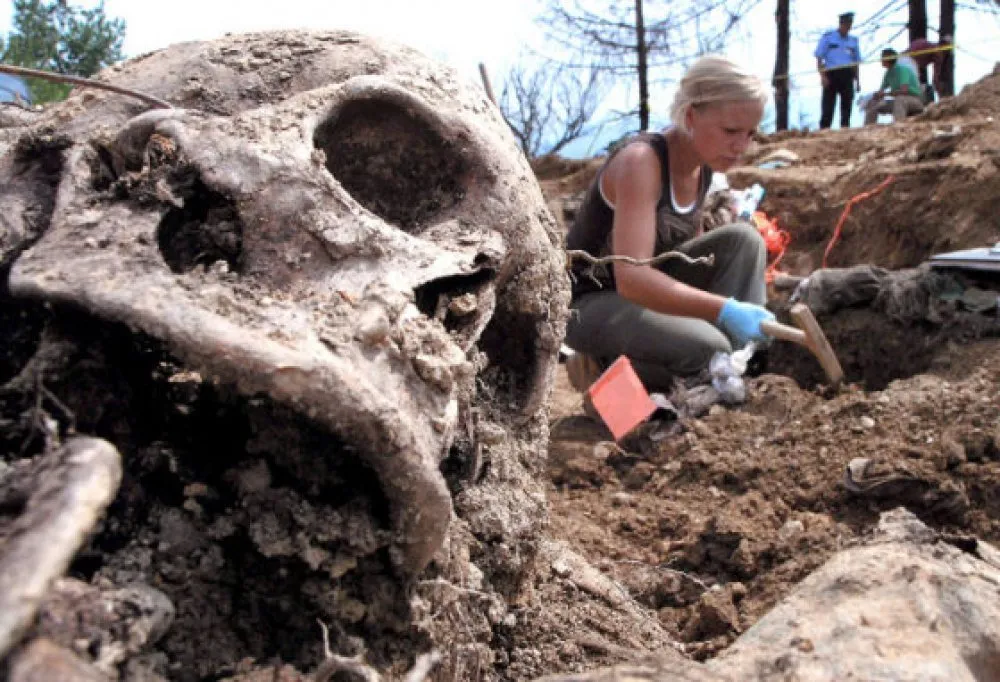Bulgaria’s rich history is epitomized by the Varna Necropolis, home to the oldest processed gold in the world. This archaeological site has not only captivated historians with its treasure but also posed intriguing questions about the rise and fall of the Varna civilization. Recent studies suggest that shifts in climate may have been a significant factor influencing the decline of this once-thriving society.

Uncovering the Varna Civilization’s Golden Era

The Varna Necropolis, discovered in 1972, dates back to the late Copper Age, around 4500 BCE. It revealed more than 3,000 gold artifacts, evidencing an advanced society with considerable wealth and artistic capabilities. These findings are indicative of a sophisticated social hierarchy and a community that valued ritual and ceremony, as seen in their elaborate burial customs.

Climate Change and Societal Collapse

Archaeological and environmental data point towards a period of significant climatic change during the height of the Varna civilization. Scientists have reconstructed past climate conditions, suggesting that a cooling trend, possibly linked to volcanic activity, could have led to shorter growing seasons and less predictable weather patterns. These adverse conditions would have strained the agricultural systems that supported Varna’s economy and its population’s sustenance.
The Environmental Impact on Culture and Economy
As the climate grew colder and farming became less sustainable, the Varna civilization would have faced critical challenges. Decreases in food production can lead to malnutrition, increased mortality, and heightened social strife, all of which could contribute to societal collapse. Additionally, the economic structures built around agricultural surplus and trade would have deteriorated, leading to a decline in cultural and economic vitality.
Comparative Insights From Other Civilizations
The story of the Varna civilization’s decline in the face of climate change is not unique. Similar patterns can be observed in other ancient societies, including the Mayans and the Akkadians, where environmental factors played a role in their eventual downfall. These examples provide a broader context for understanding how integral the environment is to societal stability and continuity.
Concluding Reflections: Lessons for Today
The exploration of Bulgaria’s golden treasures and the subsequent insights into the environmental challenges faced by the Varna civilization serve as a critical reminder of our current global situation. As modern societies grapple with climate change, the past offers valuable lessons on resilience and adaptation. By studying these ancient declines, we can better prepare for and perhaps mitigate the effects of our changing climate, ensuring a sustainable future for the next generations.
This examination of the Varna civilization not only enriches our understanding of prehistoric human societies but also underscores the timeless influence of the environment on human progress and survival.



